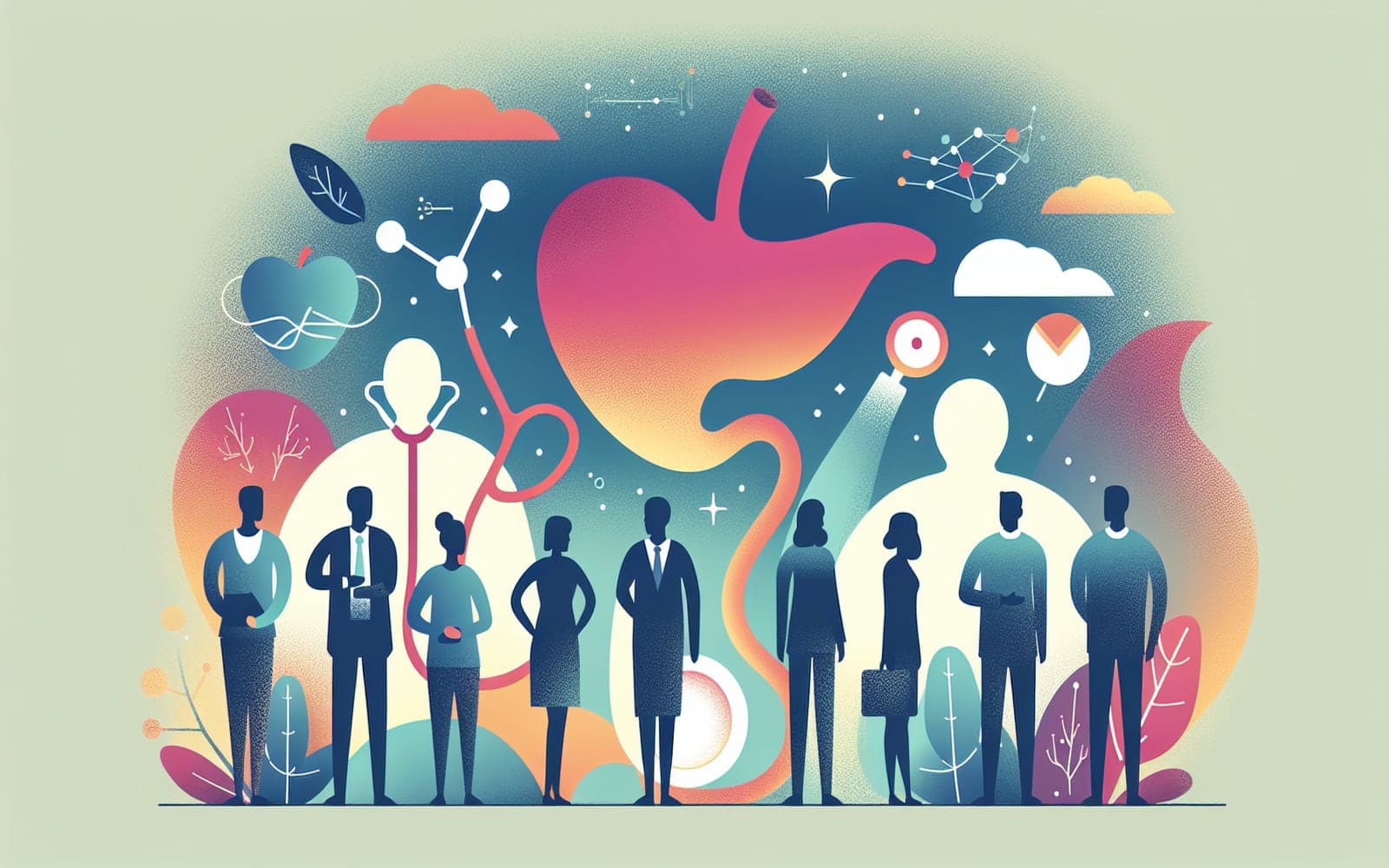Are You at Risk for Acute Cholecystitis? Understanding the Danger Factors
Published: Sep 17, 2023
Acute cholecystitis, a painful inflammation of the gallbladder, doesn't strike at random. Certain factors can increase your risk of developing this condition. Understanding these risk factors can help you stay vigilant about your gallbladder health.
Contents
The Gallstone Connection
The number one risk factor for acute cholecystitis is having gallstones. Think of gallstones as troublemakers in your gallbladder - they can block the bile duct, leading to inflammation. In fact, about 90-95% of acute cholecystitis cases are related to gallstones. If you've been diagnosed with gallstones or have a history of gallstone symptoms, you're at higher risk for developing acute cholecystitis.
The 4 F's: Female, Fat, Forty, and Fertile
Healthcare providers often use the '4 F's' to remember key risk factors for gallstones and, by extension, acute cholecystitis. Being female, overweight (fat), over forty, and of childbearing age (fertile) all increase your risk. It's like a perfect storm of factors that can lead to gallbladder trouble. Women are twice as likely as men to develop gallstones, and the risk increases with age and weight gain.

Lifestyle and Medical Factors
Several lifestyle and medical factors can increase your risk of acute cholecystitis. Rapid weight loss, such as from crash dieting or weight loss surgery, can lead to gallstone formation. Certain medical conditions like diabetes, liver disease, and blood disorders can also increase risk. It's like your body's internal environment becomes more favorable for gallstone formation and gallbladder inflammation under these conditions.
Frequently Asked Questions
Yes, pregnancy can increase the risk due to hormonal changes and increased cholesterol production.
A diet high in fat and cholesterol may increase risk, while a high-fiber diet may reduce it.
Some medications, like oral contraceptives and hormone replacement therapy, may increase risk.
While not entirely preventable, maintaining a healthy weight and balanced diet can help reduce risk.
Key Takeaways
Understanding your risk factors for acute cholecystitis empowers you to take proactive steps for your gallbladder health.
Concerned about your risk for acute cholecystitis? Don't hesitate to discuss your risk factors and preventive strategies with Doctronic.Related Articles
References
Friedman GD. Natural history of asymptomatic and symptomatic gallstones. Am J Surg 1993; 165:399.
Kalloo AN, Kantsevoy SV. Gallstones and biliary disease. Prim Care 2001; 28:591.
Always discuss health information with your healthcare provider.

